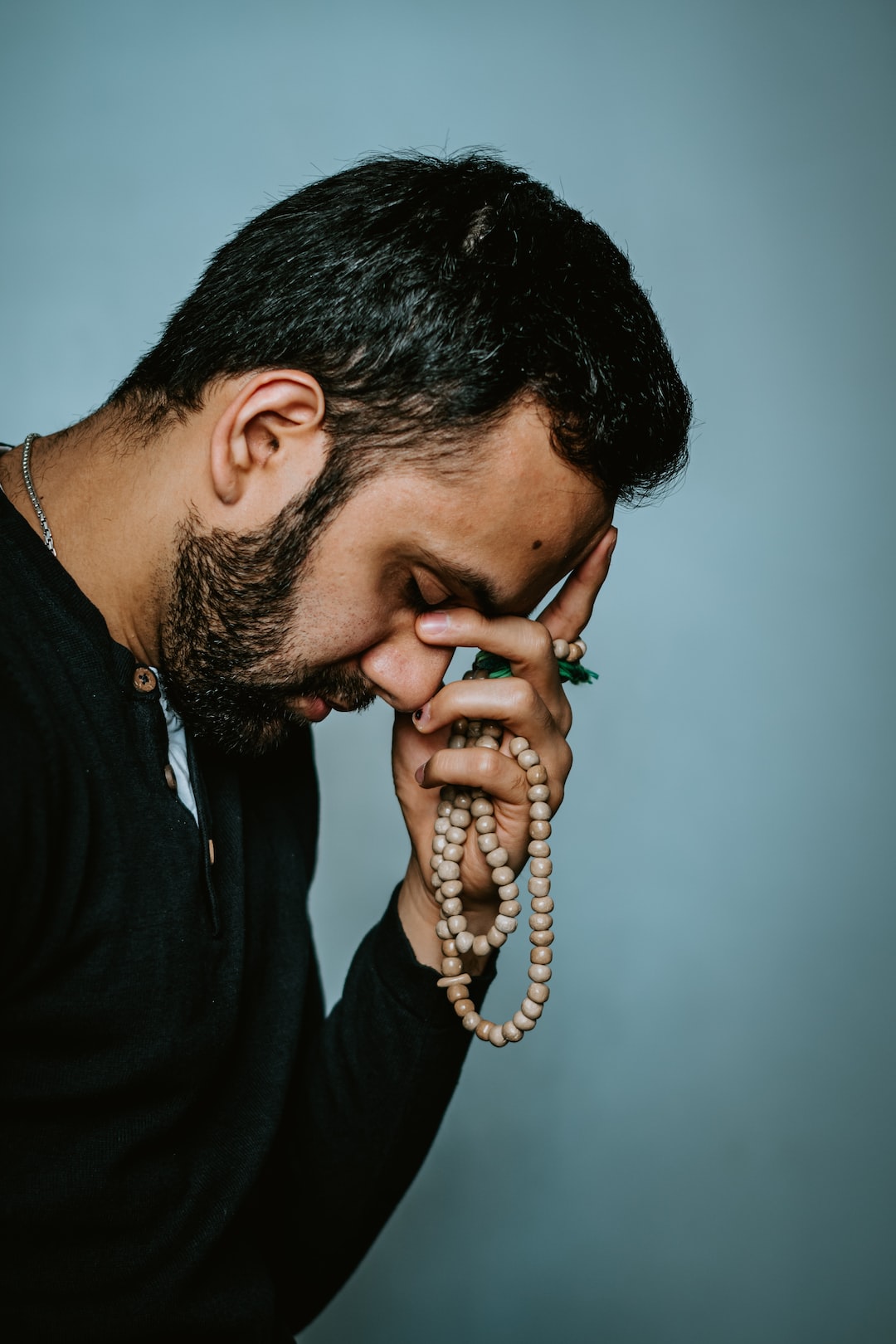Religious festivals have always played a significant role in shaping cultural identity. They not only provide a platform for the expression of religious beliefs and practices but also serve as a unique avenue for cultural exchange, promoting unity, cohesion, and a sense of belonging. These festivals often celebrate historical events, mythologies, and sacred traditions, weaving profound meanings into the fabric of a community. The influence of religious festivals on cultural identity can be seen worldwide, transcending boundaries of time and space, and fostering a profound attachment between individuals and their shared traditions.
Religious festivals act as a pivotal thread that weaves communities together, strengthening the bond among individuals. These festivals serve as a common ground for people to come together, irrespective of their social, economic, or cultural backgrounds. Through shared rituals, music, dance, and food, individuals forge connections, building bridges between diverse communities. For example, the Hindu festival of Diwali, celebrated by millions around the world, brings together people from various Indian diasporas, promoting cross-cultural interactions and social cohesion. The festive atmosphere allows individuals to immerse themselves in a cultural experience, embracing their traditions while embracing others.
Moreover, religious festivals play a crucial role in preserving cultural heritage and passing it down from one generation to another. These festivals not only reinforce a sense of identity but also provide a space to transmit cultural values, knowledge, and customs. Through oral traditions, storytelling, and reenactments, the narratives behind religious festivals are shared and understood by younger generations. This knowledge contributes to the preservation of historical events and the maintenance of cultural practices. For instance, the Passover festival in Judaism symbolizes the exodus of the Jewish people from slavery in Egypt. By celebrating this festival, Jews remember their ancestors’ struggles and triumphs, instilling a sense of cultural identity in younger generations.
Additionally, religious festivals promote cultural diversity by fostering intercultural dialogue and exchange. Festivals provide an opportunity for different communities to showcase their unique customs, art forms, and practices, allowing individuals to learn, appreciate, and embrace the cultural diversity around them. This exposure to different ideologies, beliefs, and traditions nurtures a sense of tolerance, mutual respect, and cultural understanding. For example, the Carnival in Brazil brings together people from various ethnic backgrounds, who come together to celebrate and showcase their diverse cultural practices, promoting a sense of unity amidst diversity.
Religious festivals also serve as a mechanism to resist cultural assimilation and preserve cultural identity in the face of globalization. In an increasingly interconnected world, where cultures are often homogenized, religious festivals act as a strong statement of cultural pride, safeguarding unique traditions and customs. These festivals become a platform to assert cultural autonomy, reminding individuals of their roots and strengthening their connection to their cultural heritage. Festivals such as Eid al-Fitr in Islam or Chinese New Year in Chinese culture exemplify this resistance to assimilation, preserving distinct cultural practices and promoting ethnic identity.
However, it is important to acknowledge that while religious festivals have a significant impact on cultural identity, they can also evolve and adapt over time. As societies change, festivals often incorporate new elements, creating a fusion of traditions that reflect the evolving cultural landscape. This process of adaption helps religious festivals remain relevant and continue to resonate with newer generations. For instance, the Christian festival of Christmas has evolved to include secular traditions, such as gift-giving and Santa Claus, making it accessible to individuals from diverse cultural backgrounds.
In conclusion, religious festivals have a profound influence on cultural identity as they bring communities together, transmit cultural heritage, promote diversity, resist assimilation, and adapt to changing times. These festivals foster a strong sense of belonging, help preserve cultural traditions, and serve as a catalyst for intercultural dialogue. By embracing and celebrating religious festivals, individuals can strengthen their cultural identity while embracing and appreciating the richness and diversity of the world around them.

